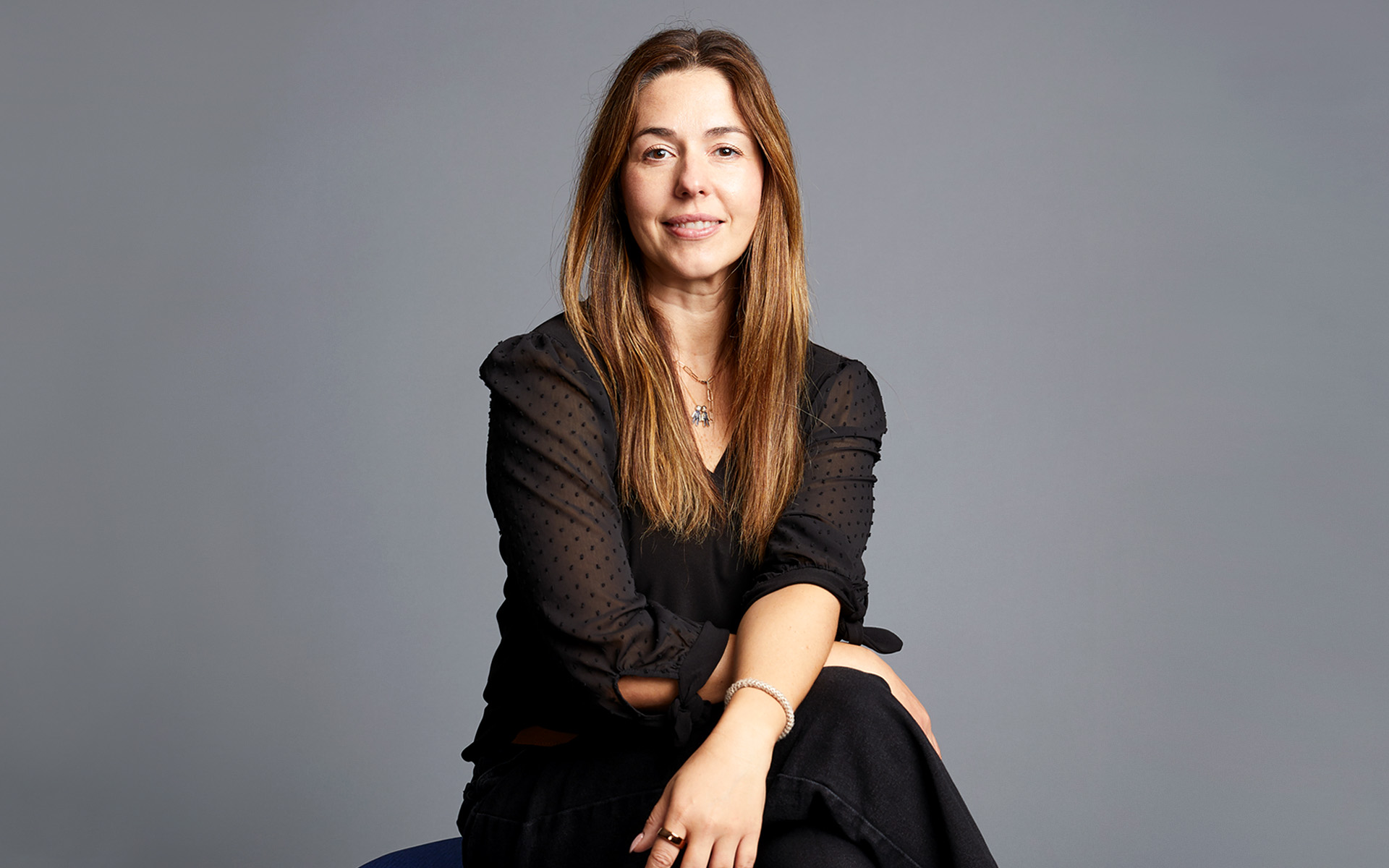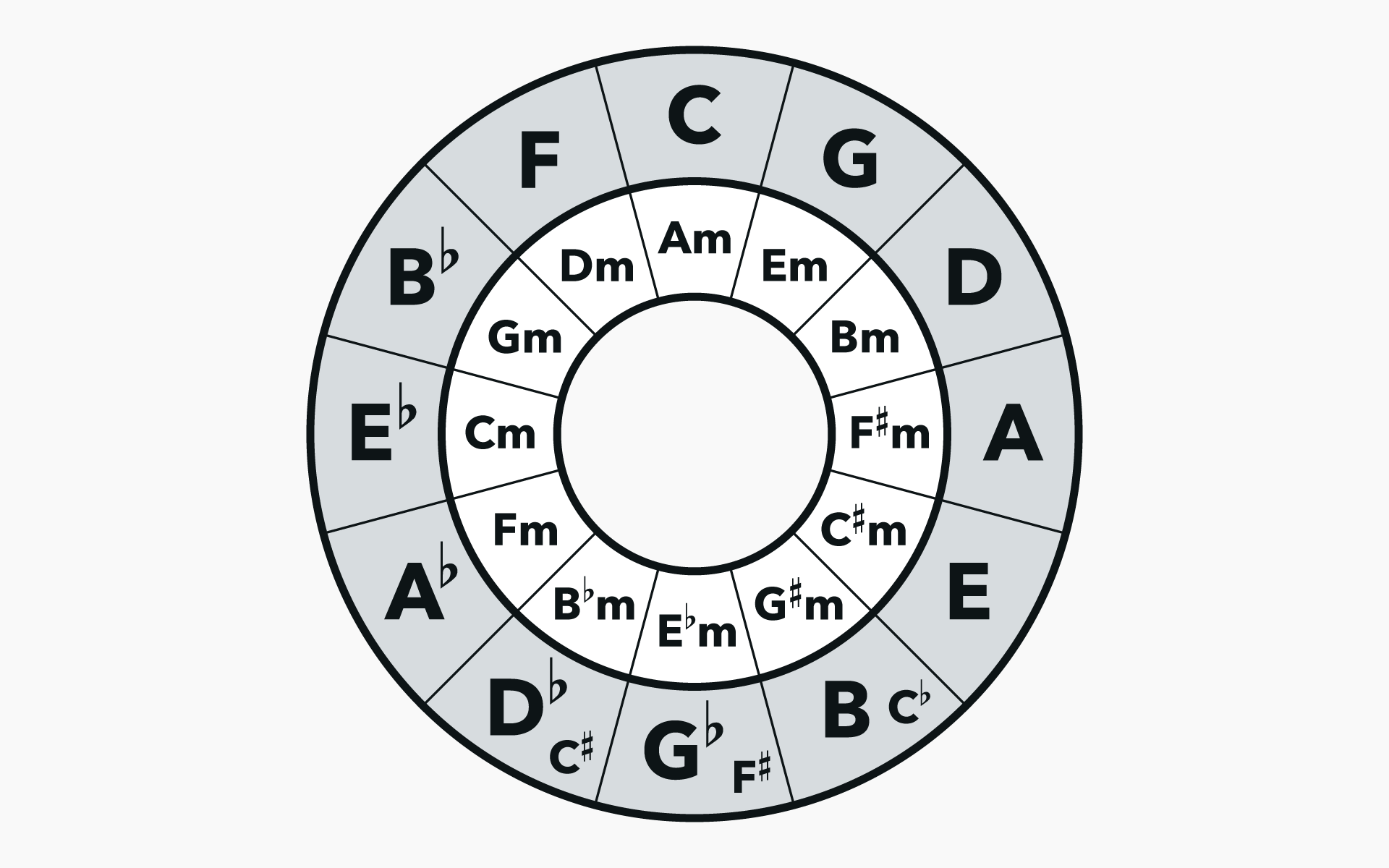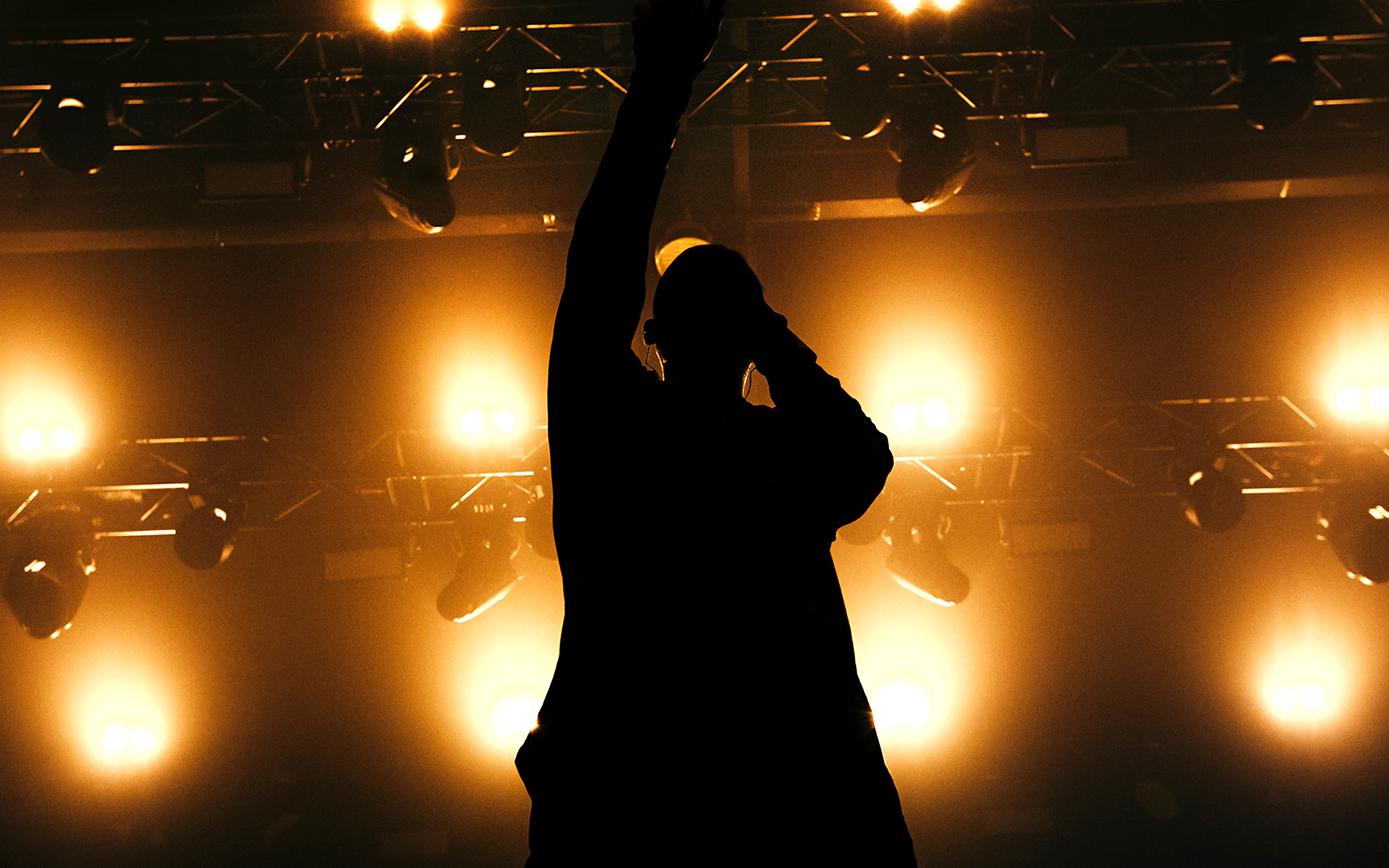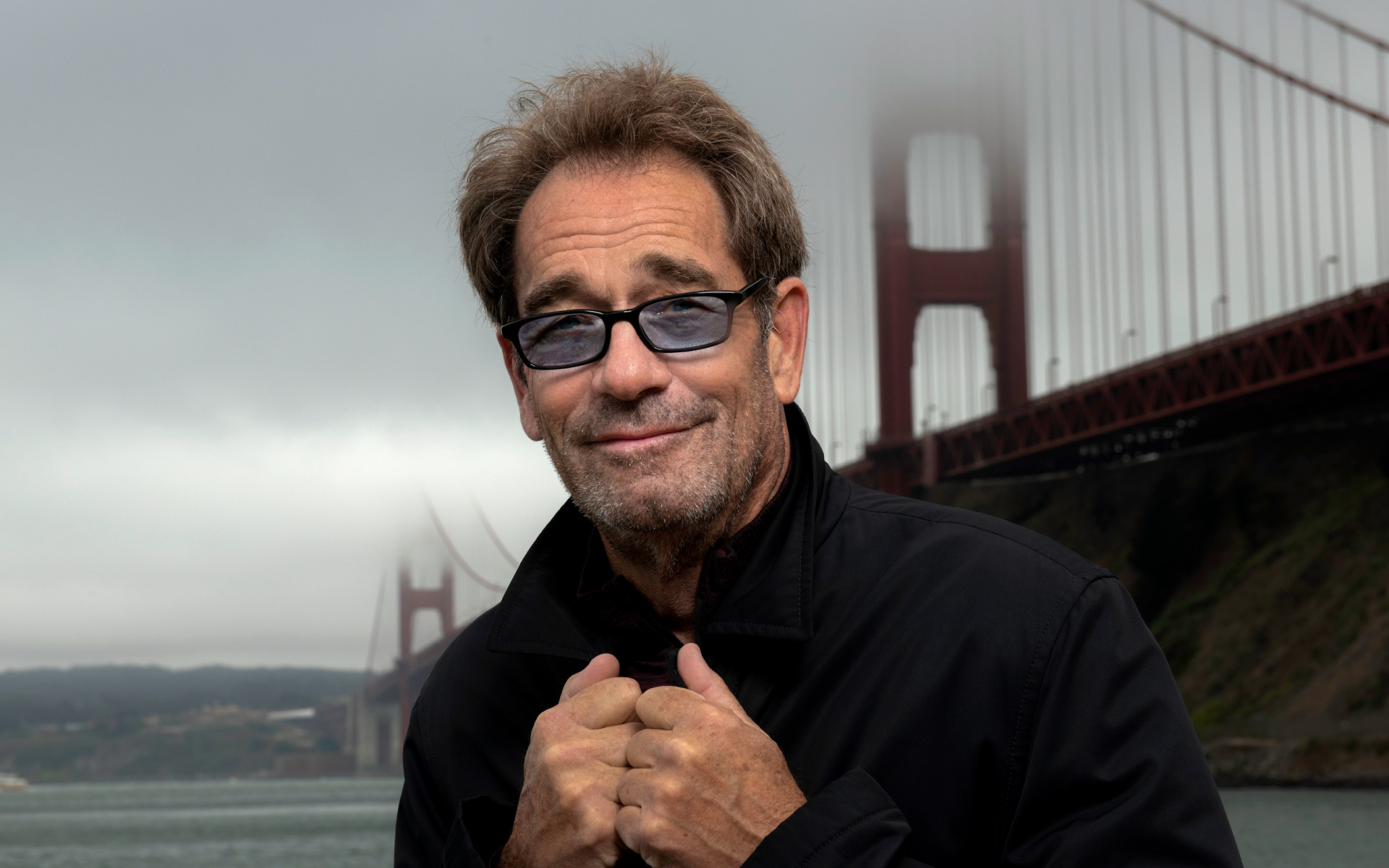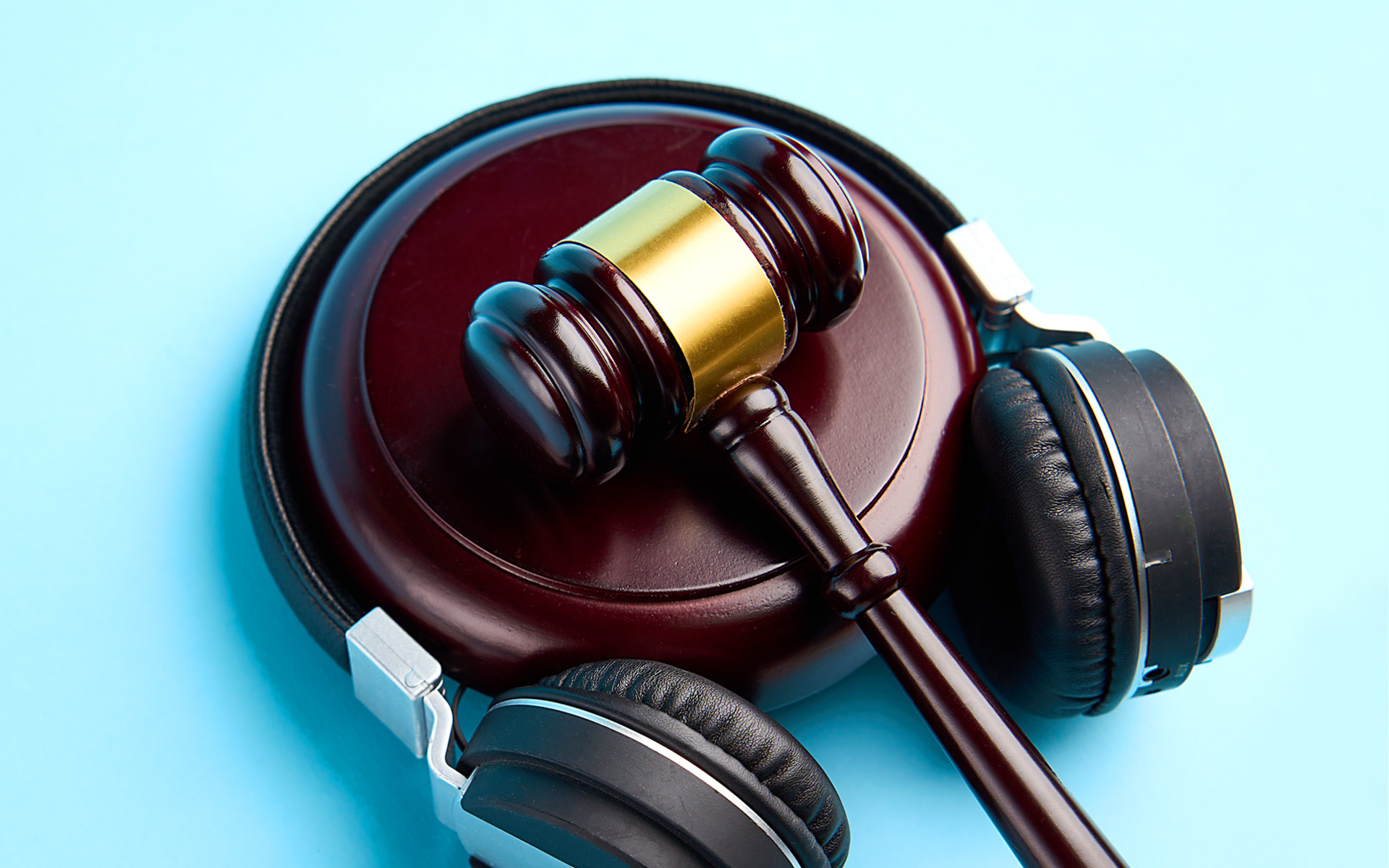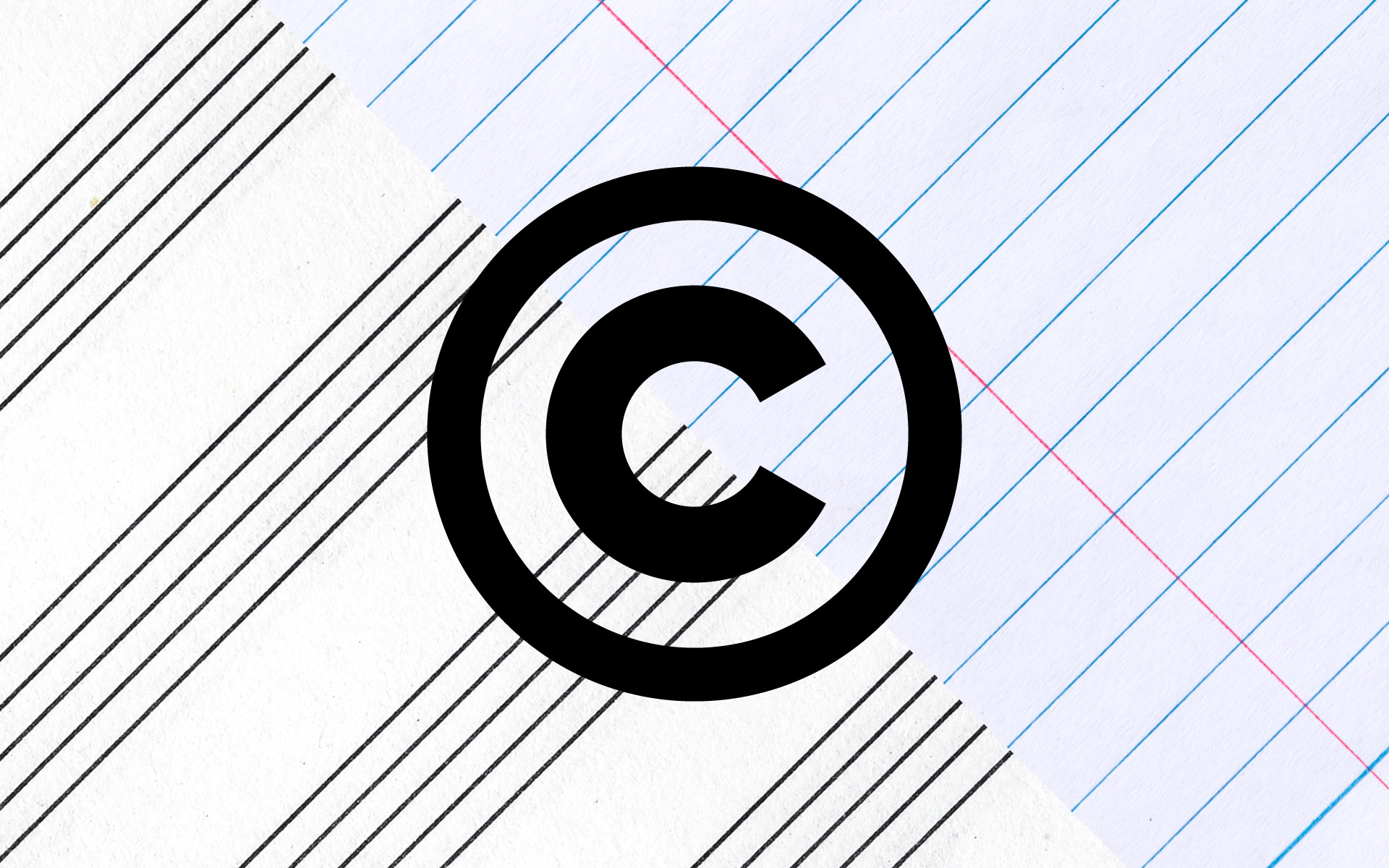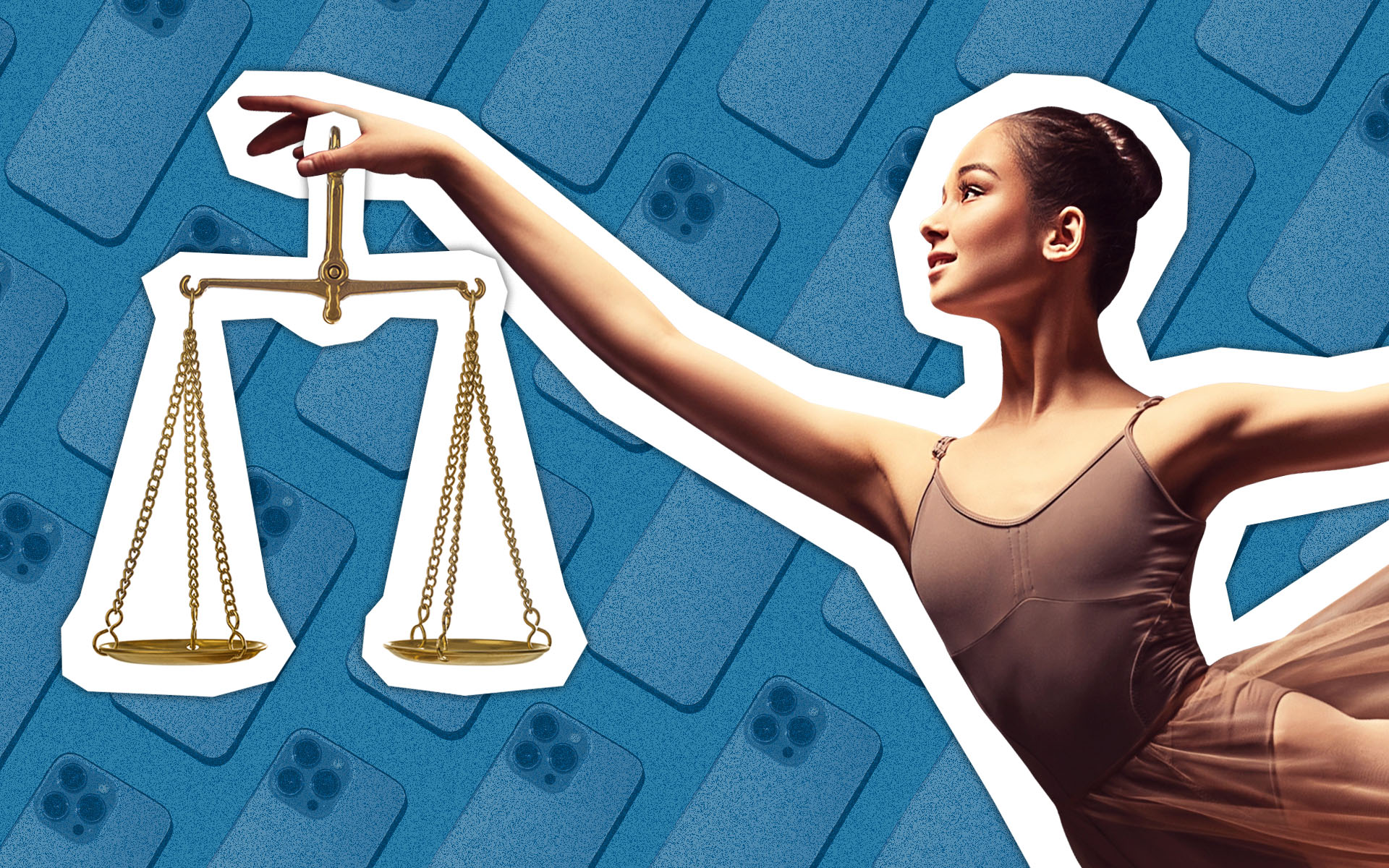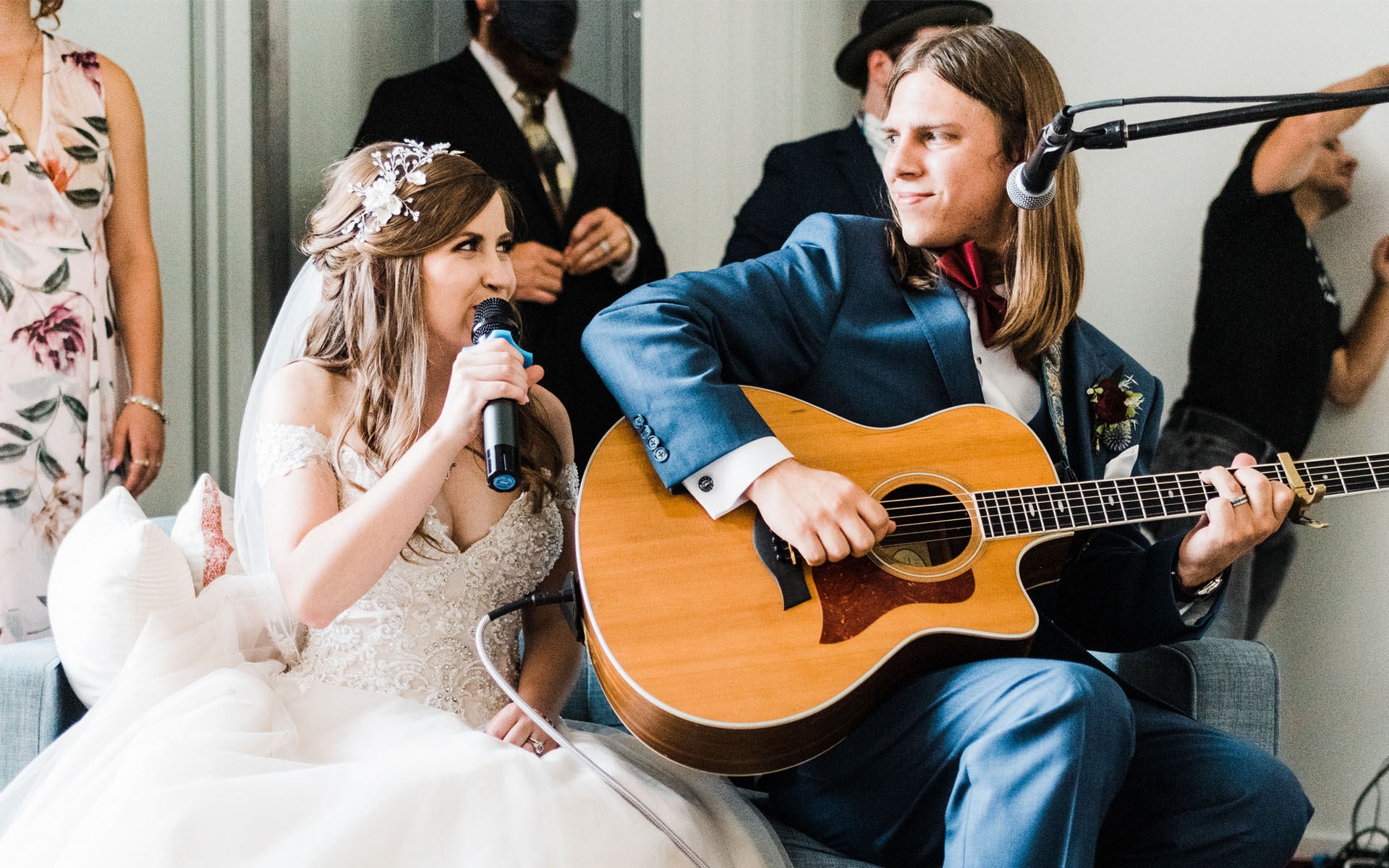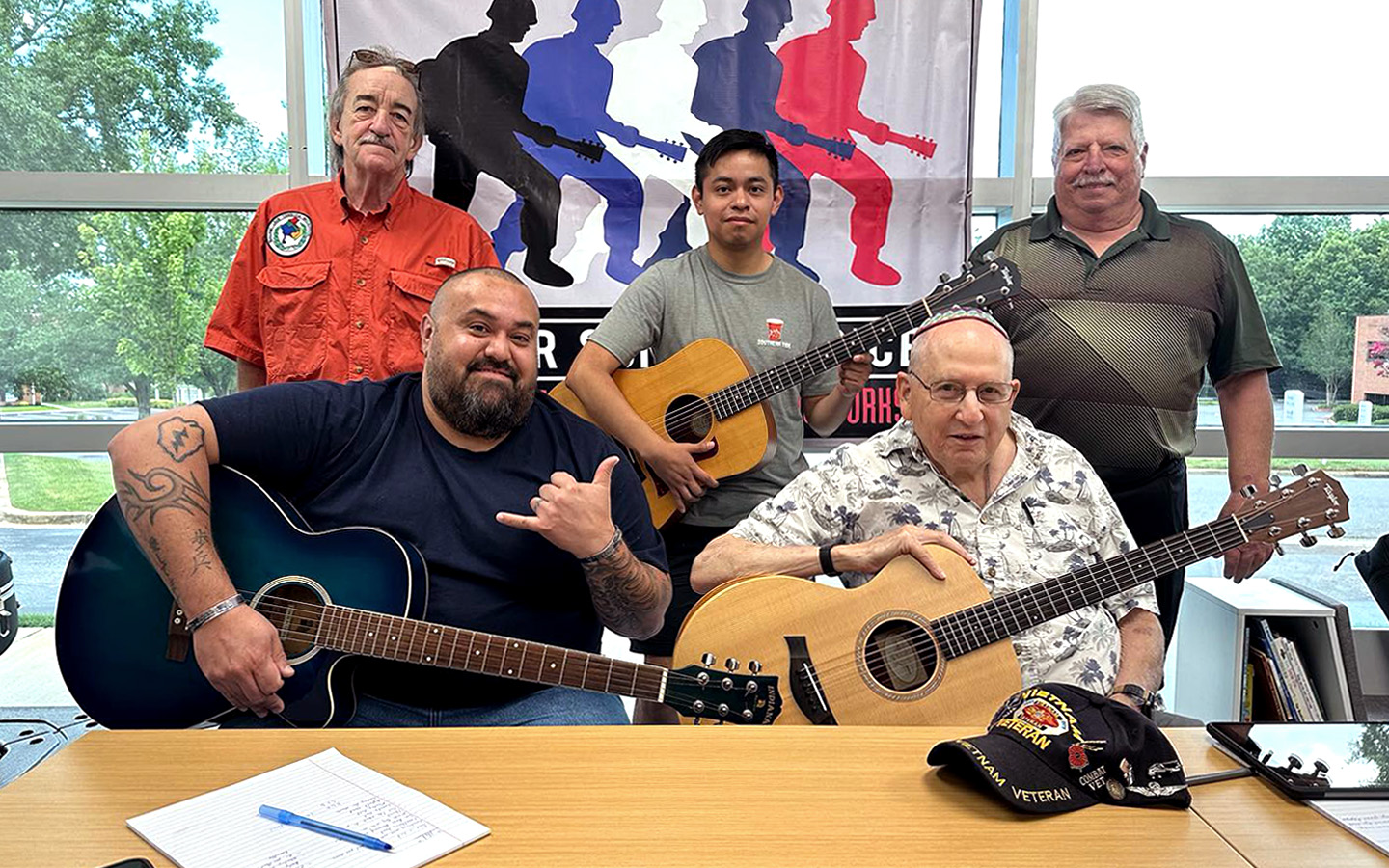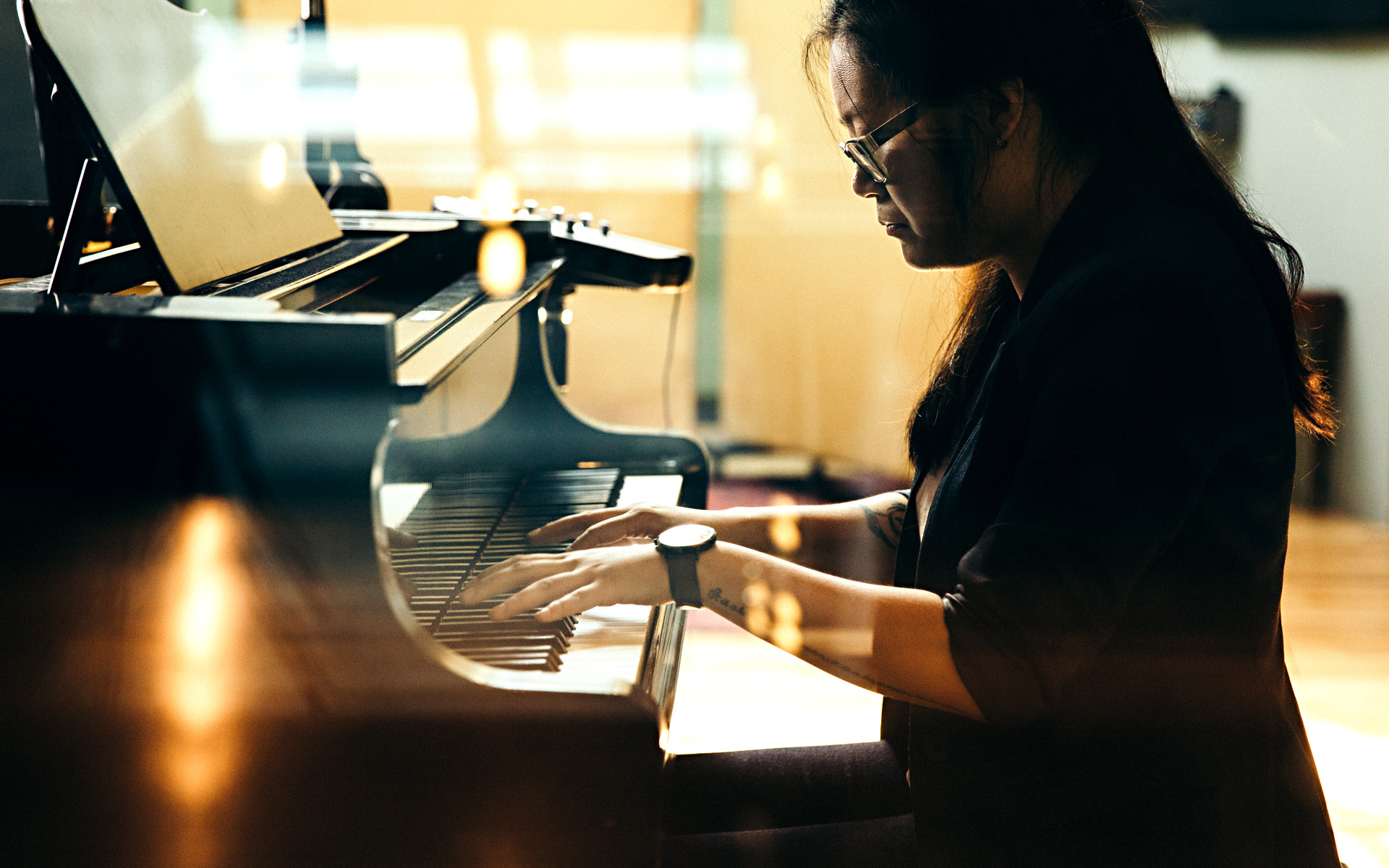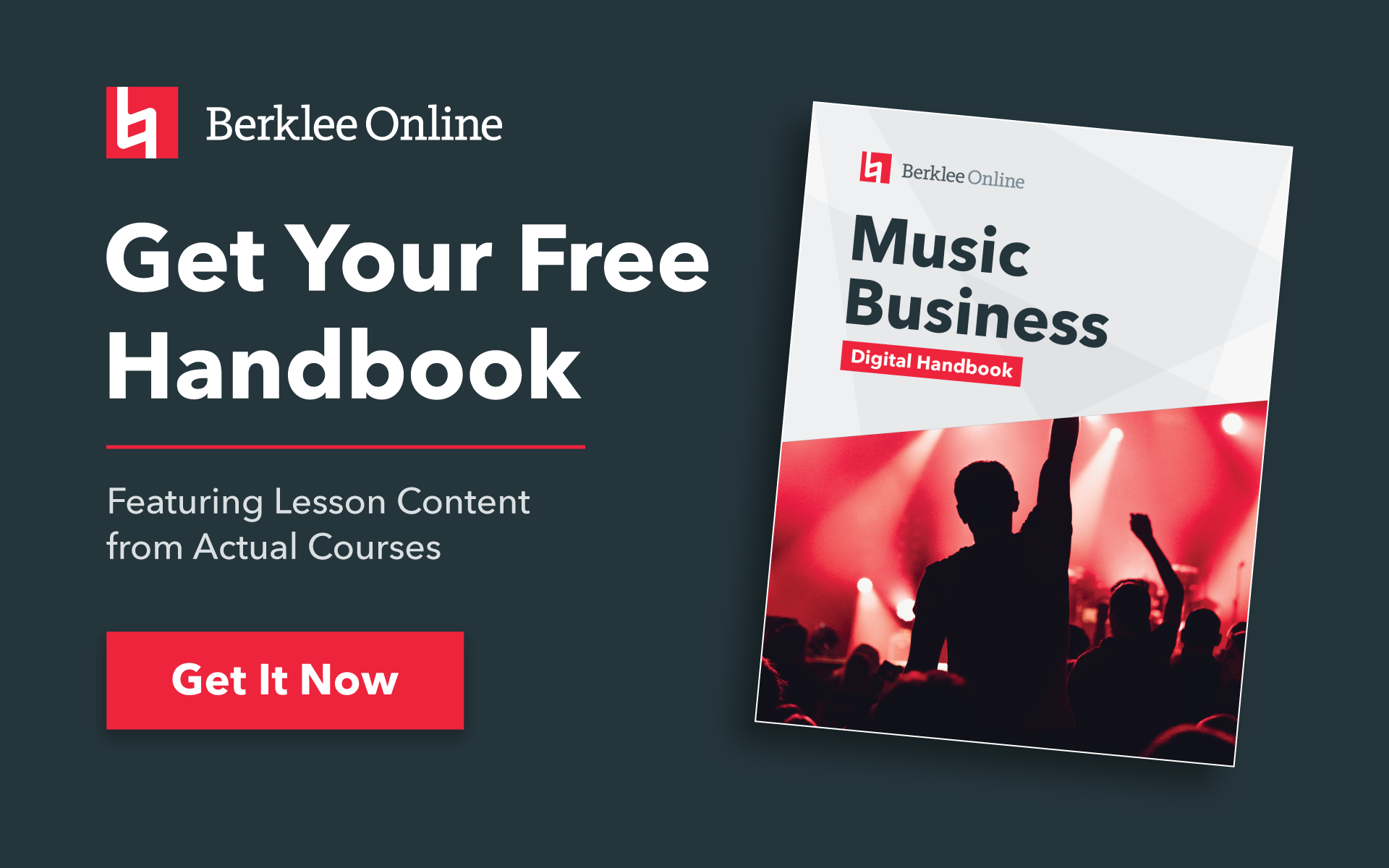E. Michael Harrington is a forensic musicologist and the author of multiple Berklee Online courses on copyright and music business. He was an expert witness in the appeal of the “Blurred Lines” case, and was approached about being a witness in the case of Ed Sheeran vs. the estate of songwriter Ed Townsend, the co-writer of Marvin Gaye’s “Let’s Get It On.” He says he turned down the plaintiffs on more than one occasion about being an expert witness in the case, because he didn’t think Sheeran stole from Marvin Gaye and Ed Townsend.
The plaintiffs really approached you twice about testifying?
A guy called me, and I just could not get off the phone with him. He was fishing around too much, and he wanted information that he should pay for. Eventually I said that yeah, I’d be the expert, and that I’d give him an opinion. I’m not an advocate. I have to be impartial and choose. I mean, do I agree with this side? If I do, then fine, they’ll hire me. If I don’t, then they won’t hire me. That’s usually how it works. But I have to be paid for my time. I have to give an honest, critical evaluation. I eventually gave the report once I got paid, and the guy just blew up. He was so furious with me, so angry that he said, “You’re supposed to do as we pay you to.” I said, “No, I’m not an advocate. That’s called a lawyer.” So I told them “Don’t file a suit. Here’s why.” And I gave them about 30 songs that had that same chord progression, that were as similar [as “Thinking Out Loud” was to “Let’s Get It On”]. It’s not copyrightable material that it’s based on; it’s pitches 1, 3, 4, and 5. You’re just using the major scale, no extra notes, and that predates Marvin Gaye, and it goes way back. I mean, the Bee-Gees had a hit song with that chord progression: “I Started a Joke.” A lot of people did. I have over 60.
When the verdict came out I read that as a quirk of copyright law, the jury couldn’t actually listen to the actual recording of “Let’s Get It On.” They had to rely on sheet music and robots singing! I didn’t know that before! Do you think if they were allowed to listen to the actual recording side-by-side with “Thinking Out Loud,” that there would have been a higher probability that their verdict would have been different?
I would think no. It would depend on what the defendants did. But there’s a lot of evidence, in my case, over 60 songs to show. This is common stuff and other people arrive at it. So I think even if they just based it on hearing the song, because that’s all I was told was to do, base it on hearing: here’s this recording. They didn’t say to me, “Just analyze the sheet music.”
Did the jury listen to the recording of Marvin Gaye’s “Got to Give it Up” in the “Blurred Lines” trial?
They were not supposed to listen there either, because sound recordings are not protected by copyright in song. I’ve heard different things. What I saw was they weren’t supposed to hear it, but then the judge let them hear a version. I got involved in “Got to Give it Up” and “Blurred Lines” at the appeal. I don’t know if I told you that story or not.
Oh yeah, I know that story! It’s one of my favorites of yours! So if a jury hears the song, do you think that taints their perception?
I think it did (with “Got to Give It Up”). But what’s way worse is that the jury sees a lot of stuff. They see depositions and Robin Thicke’s deposition, at different times, he said different things. I was on a panel at the Beverly Hills Bar with the great lawyer, Howard King, who was the attorney in that. He’s a famous guy. He’s been Metallica’s lawyer. He’s everybody’s lawyer. Anyway, the four of us spoke, and I was the third one. Then fourth was going to be Howard. And the woman who starts out by asking the question that gets us talking, she said, “Howard, what the hell went wrong? How did you lose that case?” And his answer was hysterical. He said, “Well, you don’t lie to Oprah.” So what had happened was Oprah had asked Robin Thicke a question about influence and Marvin Gaye, and under oath, he said something the opposite. So the jury, I think, saw that.
LEARN MORE ABOUT HOW MUSIC COPYRIGHT WORKS WITH E. MICHAEL HARRINGTON
They saw Pharrell Williams looking awful at his deposition. It’s on YouTube. Pharrell’s dodging questions. And he had the best lawyer. Howard King’s the best. And Howard’s like, “We need to take a break. We need to take a break.” He would let this stuff get under his skin. I mean, what a person in his position should just realize is that, “Look, I’m a successful guy, and no, I don’t read music.” I think that’s the main thing. And he was trying to do “I know this.” The lawyer was asking Pharrell Williams some really good questions, some probing questions, the right questions to throw him off. Because one point of a deposition is to just go ahead and get under the skin of people, make them say things they don’t want to say. So, that is what they succeeded in doing. I think that’s the main thing to me that went wrong with that trial, and the whole outcome was awful.
I’ve heard you say in some of the Berklee Online course material about how the “Blurred Lines” verdict basically set a dangerous precedent for creatives. They had to be on guard when they were paying homage, and worry if they were going to get nabbed unjustly for plagiarism. Now, do you think this verdict corrects that?
Yes. It helps correct it. It’s the third victory since. Led Zeppelin went the right way eventually and so did the Katy Perry one. And this was correct right from the start. I think it’s finally looking better. Not to say that another thing can’t happen, because these people not only wanted to sue Ed Sheeran for that song.
Here’s the really funny thing: So say Marvin Gaye is song A and Marvin Gaye, according to this guy contacting me, wants to sue songwriter B, Ed Sheeran. He says, “Oh, B is a copy of A.” And he wanted to sue Thomas Rhett as well, saying that Thomas Rhett’s song is an exact copy as well. So if B copied A and C copied A, and B and C are nowhere near alike, where’s their logic there? So I think that this guy is someone who only views this as “I can make money.” It’s not a musical cause behind this person. It’s a money person. It’s not the songwriter, it’s not the lawyer.
So the estate of Ed Townsend filed the suit. Now, if they had won, would the estate of Marvin Gaye also have received money, since Marvin Gaye was also a co-writer?
Not if they didn’t sue, if they didn’t take part in that, they wouldn’t.
There was a really good quote that you had said, that you say yes to almost “every ethical opportunity” that comes your way. I think that’s a good way of putting it. How often would you say you are for the plaintiff, and how often are you for the defendant? How often are you called to say, “Nope, this doesn’t sound alike,” vs. how much you’re called to say, “Yes, this does sound alike”
I think far more often, it’s plaintiffs asking. There are so many. I mean, I’ll give you an example. My first case ever was against Billy Ray Cyrus. It was the big hit right after “Achy Breaky Heart.” So suddenly I gave my report and I was on CNN, and I’m on all these shows. I didn’t know anything about copyright! Nothing. And there I was, the expert witness in a case, which is what initially you’re not born with … You might be born with some musical ability, but you’re not born with copyright law ability. So as a 38-year-old really good musician, I wasn’t that. But I got involved in that one and I had 10 different people contact me to say, “‘Achy Breaky Heart’ stole my song!” And all 10, I said no too. And even then, not knowing much about copyright law, I knew enough to say no. I knew musically, they better have a bunch of things in common.
Most of the time though, I think it’s people who don’t understand copyright law. I think that’s 99 percent of the public. I think also maybe if they submitted a copy of the music to someone, like if you met a security guard at Taylor Swift’s concert and gave a demo to that security guard who was just hired, and asked that person to get it to Taylor Swift, vs. you gave it to her sound person, vs. you gave it to her a guitar tech. So first you have to show access. So sometimes people think, “well, there must have been access, because a neighbor of my cousin’s brother who lives on whatever.” It’s not tough to see that. And a lot of people since they distributed their music or they posted it on YouTube and they can say, “Well, they had the chance to hear it, because I posted my song a year earlier or five years or three months earlier” or something. So, a lot of people think that someone famous had the time to scour the internet and hear their music or something, and then steal it. What I’m saying is that there are more potential plaintiffs out there.
Okay, so now tell me about the second time the plaintiffs approached you for this case between “Let’s Get It On” and “Thinking Out Loud.”
So what they did was they contacted the law firm in New York that released “Happy Birthday” and “We Shall Overcome” into the public domain. I work with those guys and I’m their first person they would go to. So they called me and got in touch with me about this. And I started smiling. I said, “I think I might know something about this.” So we talked. We had a good conversation about it. They said, “Even in light of ‘Blurred Lines,’ does that change anything for me and the ‘Blurred Lines’ decision?” I said, “No, this is a bad case and here’s why.” We might have had another conversation, because we like each other as people too. … So a month or so later, maybe two months, we got in touch again and they said, “Oh yeah, we turned those people down. We got to listening to it based on what you said.” I was pretty thorough with them. So in other words, they would’ve done it had I said yeah. So that was the second time I was being contacted by them, but this time through great lawyers. So then those great lawyers were not involved. So I know certifiably, I got the proof that I was their first expert they went to, and these lawyers were their first or second that they went to, that I know that they would like to have had those lawyers because they’re so good.
If I go on Spotify and I type, “Let’s Get it On,” the second thing that comes up as a result is “Thinking Out Loud,” which is funny. It’s tough to ask if you think “Let’s Get it On” benefited from this trial in some way because it’s such a classic anyway, but in less popular songs, they probably receive some sort of benefit from it.
I think both sides would benefit. And then suddenly the press happens. Ed Sheeran’s going to be forever linked with “Let’s Get it On” for being falsely accused, but it’s a federal trial. It’s a big, big deal. People don’t know that sometimes. This isn’t like getting divorced and you’ve got a court you have to go in. That’s not a federal, your divorce, but “this song” vs. “that song” is federal.
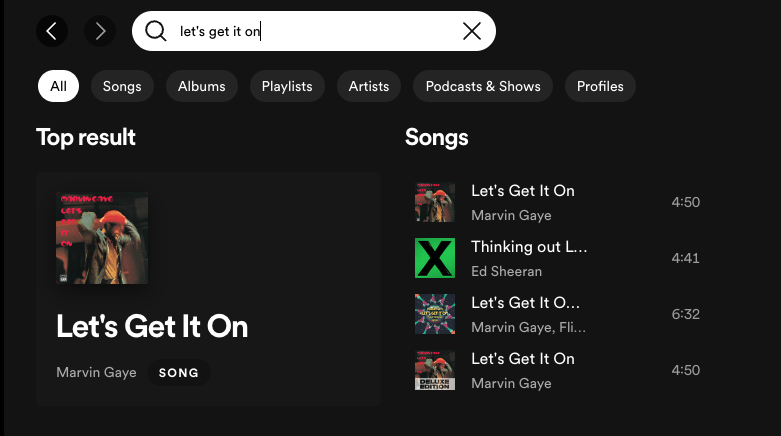
To play devil’s advocate for a moment: You say that this latest verdict is good for songwriters, in the sense that they won’t necessarily have to fear being slapped with a lawsuit. But what does this say about originality? Is it dangerous that people will be more likely to create derivative art, because they can? I read an article recently about how song publishers are now representing song catalogs the way they used to represent artists and pitching the material to other artists, like “Hey, will you sample my artist’s song that’s in my catalog?” and trying to make deals that way.
I think we have access to so many things. And even if you do almost any song, if I hear a song, a popular music expression, I’m going to find something in it that has its origin elsewhere. It’s like how you and I have known each other for years and we’ve never said original words to each other. We don’t make up words on the spot, which is good, because I wouldn’t understand those made-up words. We’re going to have clichés and we’re going to have some things that we repeat. So yeah, if you want to base it on another song, it depends on how original it is. If you take the four chords, C major, A minor, E flat major to C minor, I know of one of those in the world. It’s the first four chords of “The Warmth of the Sun” by the Beach Boys. I have never ever heard that anywhere else. But if you take a common little phrase that cannot be protected by copyright, it will eventually become an original expression if you say it enough. Like Bill Withers’ “Ain’t No Sunshine.” He gets to this point, “And I know, I know, I know,” and does it 26 times in a row. So if you did it 19 times in a row, I’d say that’s a problem, but if you do it eight times, it’s not a problem in my opinion. But somewhere between eight and 19, it might be you’ve copied him.
Dr. E. Michael Harrington is an instructor of Music Business Law and Music Licensing at Berklee Online.

